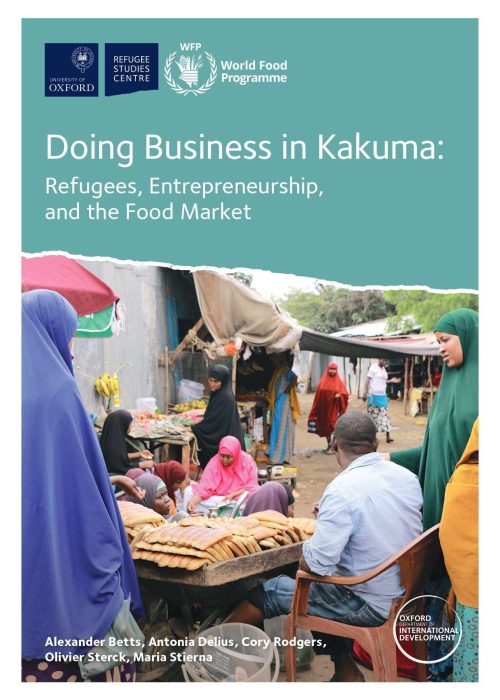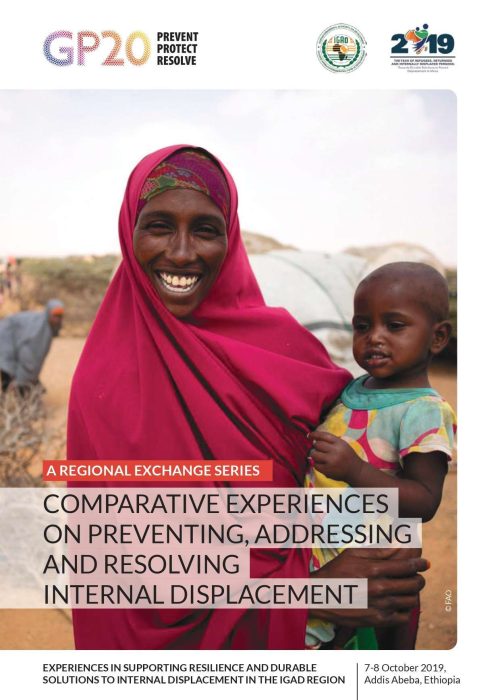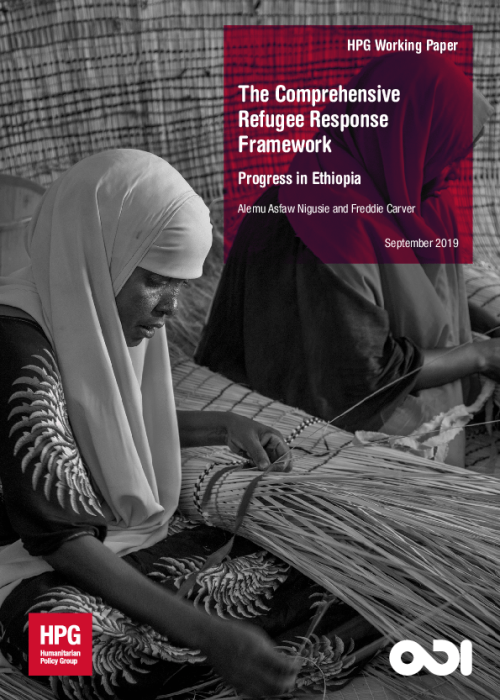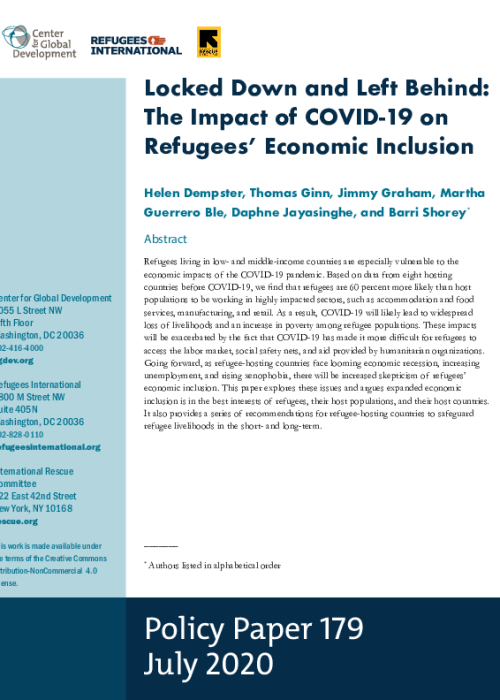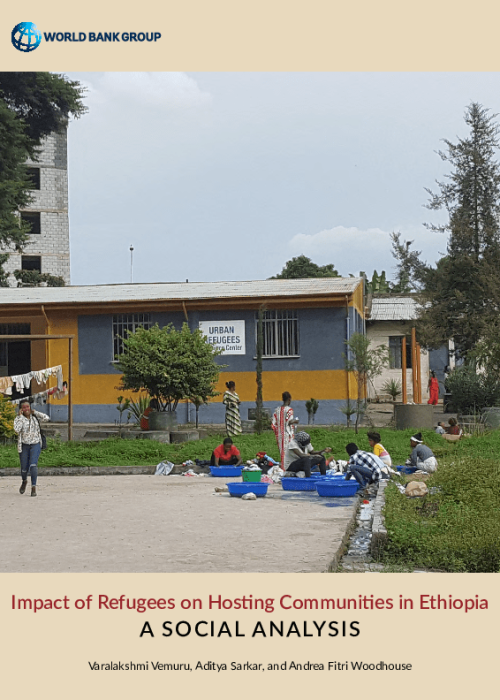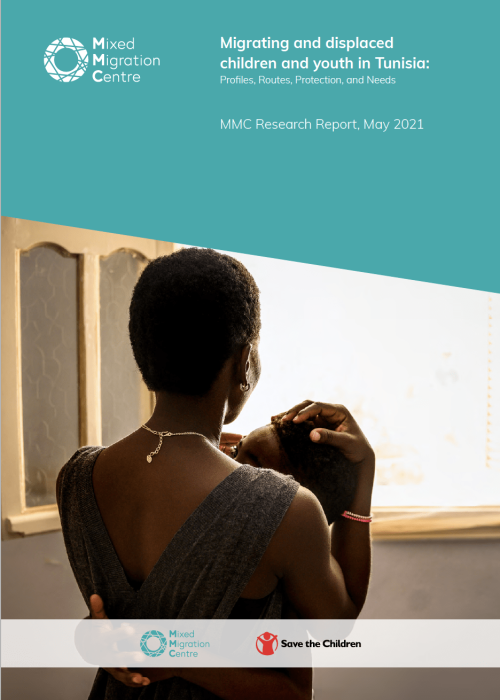This is a research report commissioned by the Regional Durable Solutions Secretariat (ReDSS) and conducted by Samuel Hall, a research and consulting company, on the impact of devolution on refugee affairs in Kenya, especially in the refugee-hosting counties of Garissa and Turkana. The report explores the opportunities and risks posed by the devolution process, which involves the transfer of power and resources from the central to the county governments, for longer-term solutions for refugees that can enhance their self-reliance and local economic integration. The report finds that there is no common voice among national stakeholders on the role of county governments in refugee management, and that county authorities have different perceptions and attitudes towards refugee populations, depending on the security, environmental, and economic implications of hosting refugees.
The report identifies potential entry points for engaging with county governments on refugee affairs, such as community-based development, conflict resolution, resource allocation, and service delivery, and suggests ways to build the capacity and awareness of county officials and actors on refugee issues. The report also highlights the need for evidence-based strategies and advocacy to influence the legal and policy frameworks on refugee affairs at both the national and county levels, and to foster dialogue and coordination among humanitarian and development actors, refugees and host communities, and local and national authorities.

